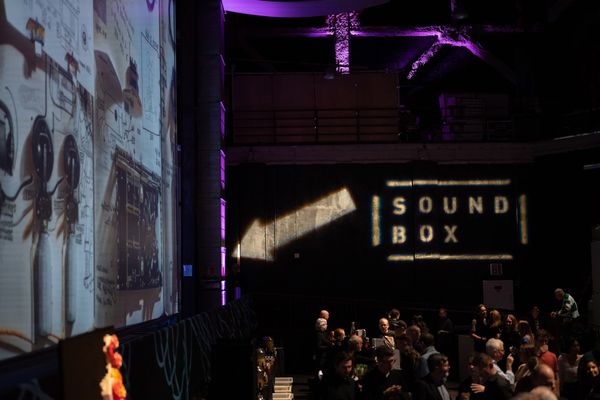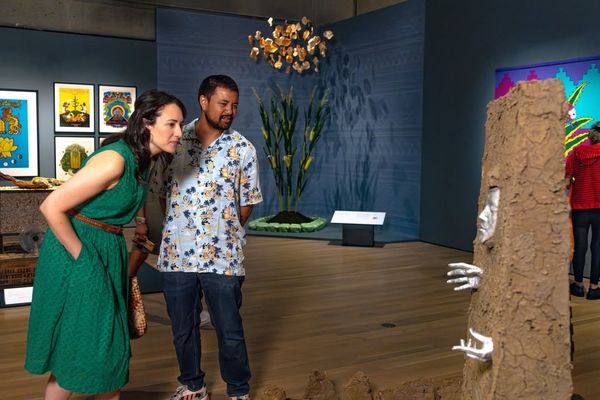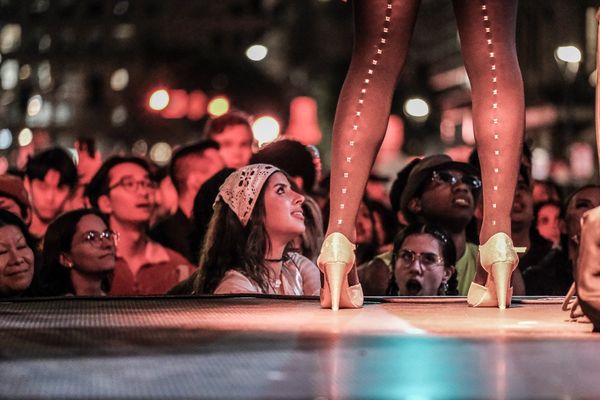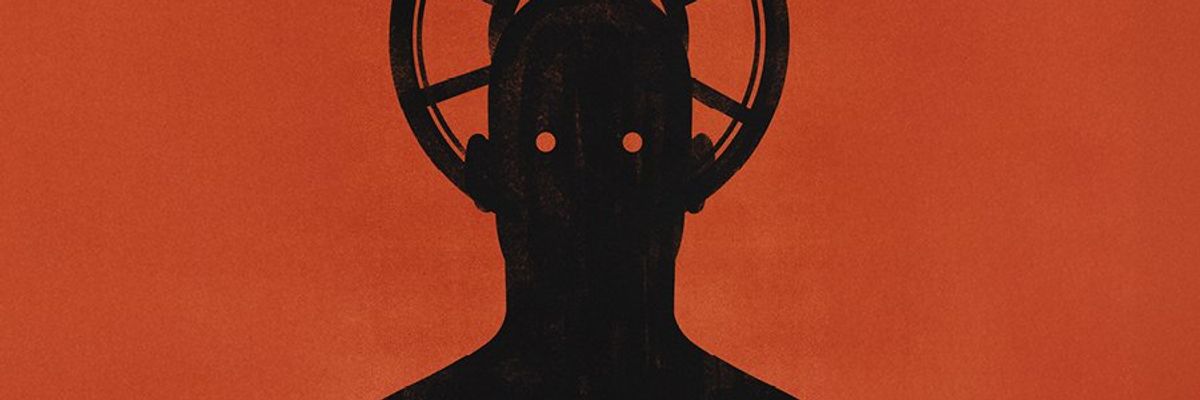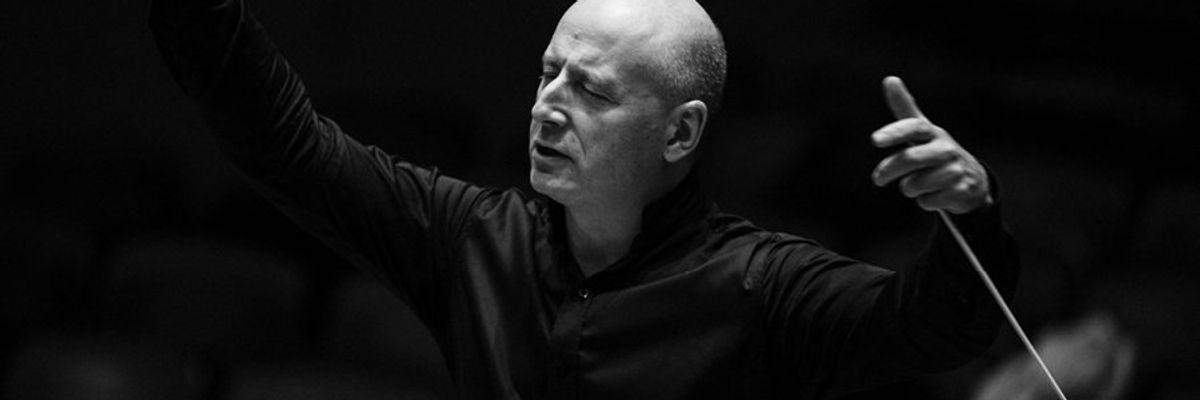Sam Worthington can’t compare his latest effects-heavy blockbuster, a bruising, 3-D remake of stop-motion innovator Ray Harryhausen’s Clash of the Titans (1981), to the one that made him the star of the biggest movie of all time – James Cameron’s Avatar. But playing Perseus, the fearless Greek warrior charged with saving humanity from the wrath of vengeful gods, presented its own set of challenges.
“Nothing compares to Avatar, and you can see that at the box office,” says the English-born actor, 33, who spent his formative years in Western Australia. “It is its own beast, its own juggernaut. For all I know, filming hasn’t stopped. James is probably still working on it.
“I thought running around in a dress for Clash was going to be a cakewalk, but it was more difficult than I imagined. [Director] Louis [Leterrier] shoots very fast, there’s a lot of energy on his set. And going to these extreme locations around Wales, sometimes shooting underwater, was tough.”
Worthington found wearing a skirt liberating, but only to a point. Even as Perseus braved an impressive onslaught of mythical beasts, the actor was in charge of preventing wardrobe malfunctions. It wasn’t easy.
“I wanted to show off a bit more of myself, to be honest with you,” he says, flashing a mischievous grin. “I kept hoisting my skirt up, but when you’ve got Christmas hams like mine, it’s probably best to keep it down. And keeping it down while you’re performing all these stunts isn’t easy.
“The skirts helped us put everything in perspective, though. You wake up in the morning, it’s you and your mates wearing a bunch of dresses, going out to fight scorpions the size of dump trucks, with rubber swords. This movie isn’t a history lesson. We all had a good laugh, then started to take things seriously so the audience doesn’t [laugh, too].”
Last year alone, Worthington’s movies – Avatar and Terminator Salvation – grossed more than $850 million combined. Yet he has deliberately eschewed the indulgences of a fast-rising star.
He arrives at the Four Seasons Hotel in Los Angeles casually clad in an Iron Maiden t-shirt and jeans. He owns neither a house nor a car, and seems genuinely unaffected – totally at ease with the press, sprinkling his anecdotes with offhand profanities and slyly humorous asides. He hasn’t gone Hollywood.
As he tells it, that was always the plan. He admits that his life has changed considerably since Cameron picked him to play the conflicted hero at the heart of Avatar – “I’m a very lucky boy,” he says with a smile – but he has never lost sight of his foremost obligations.
“I’m not out here to be a star,” he says. “I’m here to tell stories, to help bring my director’s vision to the screen. People might think of me as being tough and heroic, or maybe a sensitive pussycat. I’m not concerned with what people write about me on the Internet. Those people don’t know me.
“I make the kind of movies I’d want to go see myself. That, for me, is a good barometer of whether I should take a role, and I love these escapist fantasies. But the most important part of my job is to make sure the people paying $16 to see these movies get their money’s worth.”



